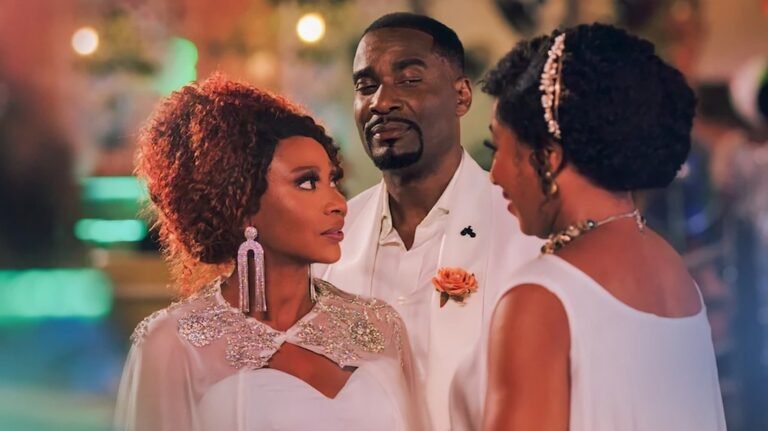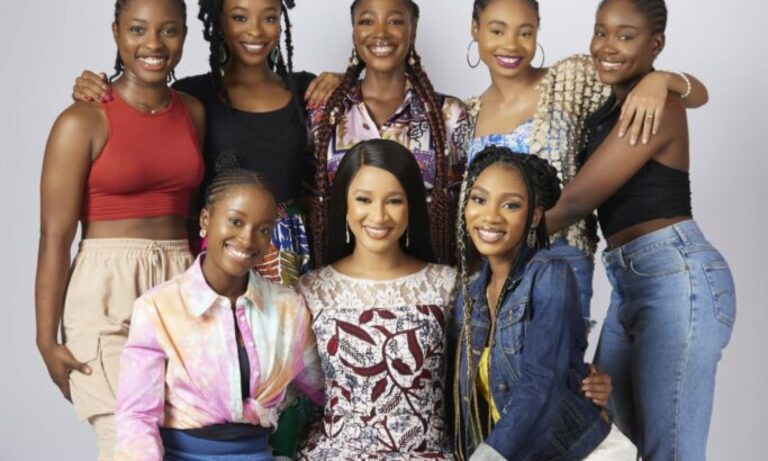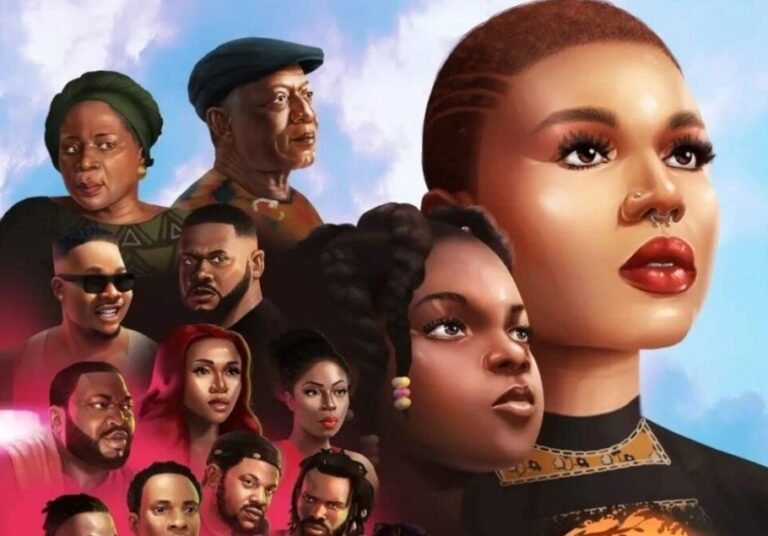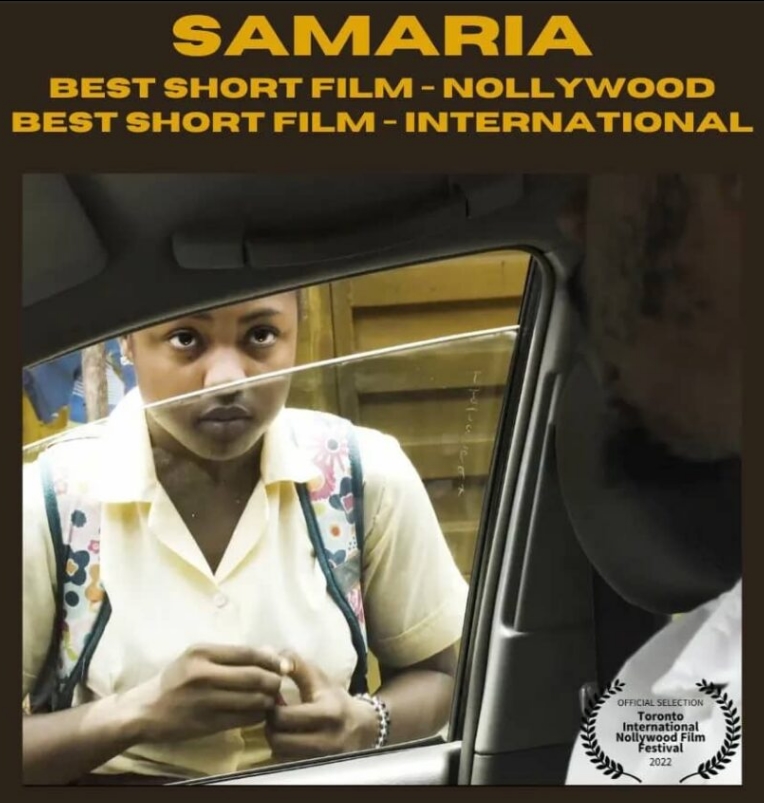Nollywood Radar
Introduction to Nollywood
When we talk about film industries that capture the essence of a nation, the term “Nollywood” resonates strongly. This industry is not just a cultural phenomenon but a mirror of Nigeria’s realities, joys and challenges. But what exactly is Nollywood? It is the second largest industry in terms of production volume, after Bollywood, and a living testament to the power of cinema in shaping national identities.
History & Evolution
Nigerian cinema took shape in the post-independence 1960s, but it was the transition to the digital age in the 1980s and 1990s that marked its revolution. “Living in Bondage,” released in 1992, was a cornerstone that established a format replicated in countless subsequent hits. Entering the 21st century, with a valuation of $5.1 billion in 2013 and contributing 5% of Nigeria’s GDP, Nollywood has undergone a metamorphosis, with investments that greatly improved the quality of its productions, excelling both at the box office and at international festivals.
Influence and Power
Nollywood is more than a film industry; it is a reflection of the perceptions and social psyche of Nigeria and the African continent. Through its narratives, audiences encounter stories that inspire, educate and entertain, leaving an indelible mark on the collective consciousness and representation of African diversity.
Nollywood stars
Filmmakers such as Dolapo “LowlaDee” Adeleke, Jadesola Osiberu, Kemi Adetiba, Kunle Afolayan and Tunde Kelani have been beacons of creativity and diversity. They have contributed significantly to the distinctiveness of the industry, often presenting stories that range from the epic to the everyday, reflecting the complexity and richness of Nigeria.
The Perception Challenge
The emergence of the term “Nollywood” in Western media was controversial, perceived by some as reducing the industry to a mere imitation of other film industries. However, Nollywood has challenged these notions, emerging with a unique voice that resonates around the world.

‘Elesin Oba: The King’s Horseman’ Review: Faithful to the Source Material but Bland as a Feature Film
“In my culture, death is not the end”, what better quote is there to describe the death of Biyi Bandele, one of the pioneers of modern cinema in Nollywood?

Here Love Lies: Tope Oshin’s Romance Thriller is Subpar
Over the years, Nollywood has adopted the idea of interracial romance, and why the result is usually either remarkable (Isoken) or average (The Wedding Party 2, Namaste Wahala), the

Gangs of lagos review : A journey through the streets of Isale Eko
Director Jade Osiberu, known for breaking new ground and presenting a revamped Nollywood, has taken her talent a step further with her most recent work

A Sunday Affair: An Enjoyable Mess
“To love and be loved is the greatest gift in life”, while a lot of people can’t boast of having this gift, Netflix in collaboration with Mo Abudu’s

Meet the cast of MTV Shuga Naija Season 5!
Since hearing that MTV Shuga will be returning for a new season, we’ve been wondering who would be joining the new cast. This season, MTV Shuga is

‘Dinner at My Place’ Review: A Beautiful Balance between Romance and Comedy
Valentine’s season is a beautiful one in Nollywood, as the industry churns out its best romantic comedies, a genre that has grown to become one

First Teaser and Photo of Nigerian Netflix’s Young Adult Series “Far From Home”
Netflix has announced the launch date of its first Nigerian young adult show titled “Far From Home”. Produced in partnership with Inkblot Productions, the five-part series concluded

Obara’M Review’: A Breath of Fresh Air for Nollywood
2022 has been a productive and innovative year for Nollywood, the industry powerhouses have strived to do more in terms of telling stories in genres

Five Inspiring Nigerian Movies that Champion Girls’ Child Rights
Nigeria, with its rich tapestry of cultures and traditions, has emerged in recent decades as an epicenter of captivating and meaningful cinema. In particular, its
Nollywood in the Digital Age
With the rise of streaming platforms like Netflix, Nollywood has seen a new opportunity to expand its reach. Films like “The Wedding Party” have found global audiences, while trailers and online reviews have attracted international curiosity. Digital storytelling has allowed Nollywood to circumvent some of the financial and infrastructural limitations it faces.
The Future of Nollywood
Looking ahead, with over 1.3 billion people in Africa and millions in the diaspora, Nollywood is positioned to conquer not only hearts but also global markets. With continuous improvement in production quality and narratives that capture the universality of the human experience, the industry is poised for a new chapter of global influence.
Nollywood is not just a film industry; it is a canvas on which the African experience is painted. With each film, Nigerian cinema reaffirms the power of cinematic art to shape our understanding of the world and to bring people together through shared stories. “What is Nollywood” goes beyond a question; it is an acknowledgement of a vibrant, resilient and ever-evolving industry that has captured the imagination of millions, both at home and abroad. With every ending explained, every spoiler and every review, Nollywood continues its rise as a formidable representative of African storytelling on the world stage.
